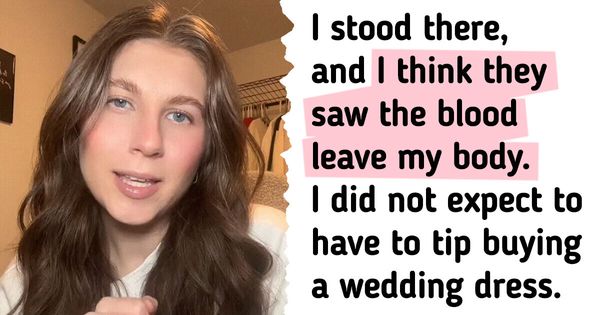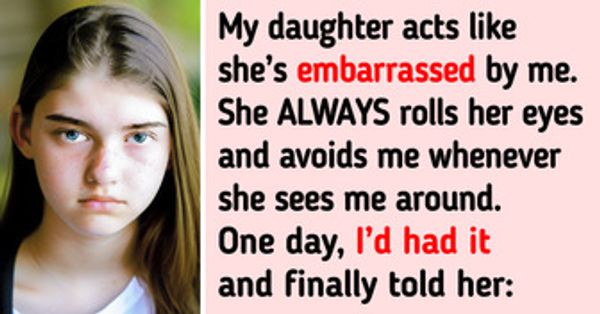
The Trend of “Tipflation” and Unexpected Tipping Situations
Unexpected situations where consumers are asked to leave tips have become a hot topic on TikTok lately. From self-checkouts to online shopping and even at the mechanic, the debate around tipping seems to be expanding. One particular case has caught the attention of TikTok users, involving a bride-to-be who claims she was asked to leave a tip when purchasing her wedding dress.
A Bride’s Surprising Encounter
TikTok user Ina Josipović (@inajosipovic) shared her experience in a video that has garnered over 97,000 views. In the video, Josipović recounts the moment when, after purchasing her wedding dress, the card machine prompted her for a tip. She expressed her surprise, saying, “I did not expect to have to tip buying a wedding dress.” This encounter left her perplexed, as tipping was not a standard practice in the wedding dress industry.
Questioning the Need for Tipping
Josipović raises valid points, questioning the expectation of customers to leave tips instead of the store providing commission to their stylists. She shares that when she worked in retail, commission from sold items was the norm, and customers were not expected to leave additional tips.
Agreement and Confusion from the TikTok Community
The TikTok community responded with a mix of confusion and agreement. Many users found it odd to be asked for a tip when shopping for wedding dresses, as stylists in the bridal industry typically receive commission already. Comments expressed bewilderment and echoed Josipović’s sentiment that tipping in such a context seemed out of place.
Sparking a Broader Discussion
The “tipflation” trend on TikTok continues to spark debates and discussions about the evolving norms surrounding tipping. As consumers encounter tipping prompts in unexpected places, it raises questions about when and where tipping is appropriate. In the case of wedding dress shopping, TikTok users seem to agree that tipping is an unusual practice, especially considering the commission-based model already in place for stylists. This ongoing conversation sheds light on the shifting dynamics of gratuity expectations and prompts a broader discussion about how businesses choose to compensate their staff.




